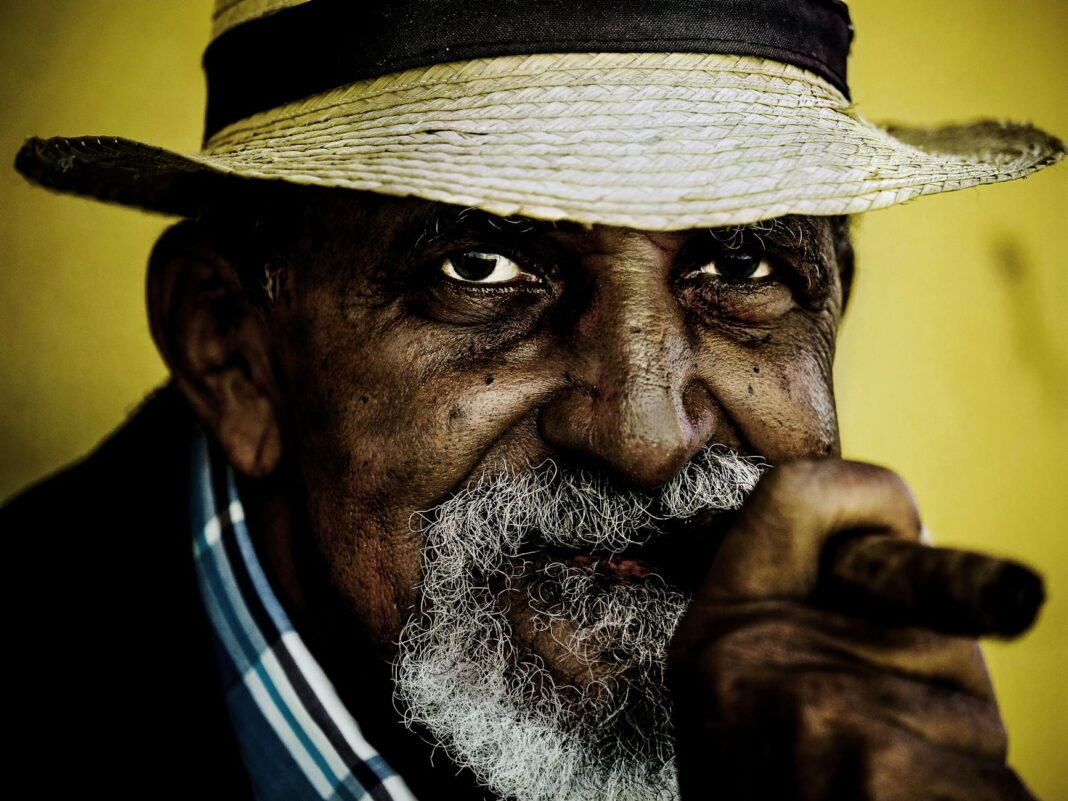Supporters Stand Firm After Charlie Kirk’s Assassination
In the wake of the shocking assassination of conservative leader Charlie Kirk, a group of supporters for accused murderer Luigi Mangione are showing a surprising amount of resilience. While the details surrounding the case continue to unfold, Mangione’s backers remain steadfast, refusing to draw any parallels between the tragic event and the accusations against him. This unwavering loyalty raises eyebrows and questions about the psychology of support in times of crisis, particularly in the politically charged atmosphere of today.
The death of Kirk, a prominent figure in conservative circles who attracted both admiration and ire, has sent ripples through political and social communities alike. The assassination has sparked outrage and calls for justice, while simultaneously fueling a frenzy of speculation and conspiracy theories. As the media frenzy surrounding the incident intensifies, Mangione’s supporters have been vocal in their defense, asserting that the circumstances of Kirk’s death bear no resemblance to the allegations against Mangione. They argue that the two situations are fundamentally different and should not be conflated, a perspective that reflects a deeper divide in our society.
Many within this group are fiercely dedicated to Mangione, often citing his character and the lack of concrete evidence as reasons for their unwavering support. They point to perceived inconsistencies in the prosecution’s case and claim that the narrative surrounding Mangione is being manipulated to fit a specific agenda. This defensive posture highlights a rift in how supporters and critics perceive events surrounding political figures in today’s charged atmosphere. The supporters’ rejection of any connection between the two events serves as a testament to the loyalty they feel toward Mangione, as well as their desire to protect their own ideological stance.
As the investigation into Kirk’s assassination continues, the implications for political discourse are significant. The supporters’ refusal to acknowledge any connections prompts a broader conversation about the role of loyalty, ideology, and the narratives we construct around individuals embroiled in controversy. The dichotomy between the two cases—Kirk’s assassination and Mangione’s legal troubles—serves as a microcosm for the larger societal tensions that are often at play when political figures are involved in criminal allegations. The emotional stakes are high, and the consequences of these events are likely to reverberate throughout the political landscape for some time.
The situation continues to evolve, with supporters of both sides digging in their heels. While Kirk’s murder has ignited discussions about political violence and its implications, Mangione’s supporters are resolute in their belief that their man is innocent and that the media is misrepresenting the facts. This divide indicates an underlying cultural struggle that goes beyond individual cases and speaks to the heart of how we view justice, loyalty, and accountability in our society. The more entrenched the supporters become, the more polarized the narrative becomes, complicating any potential resolution to the issues at hand.
As discussions surrounding the case unfold, it is essential to consider the motivations behind such fervent loyalty. Is it simply a matter of blind allegiance to a cause, or is there a deeper psychological need driving these supporters? These questions remain unanswered and evoke a complex dialogue about belief systems and the lengths to which individuals will go to defend their convictions. The dynamics of support in politically charged cases like this one can reveal much about the human condition—our desires, fears, and the lengths we will go to protect those we believe in.
Questions
What do you think drives such unwavering support from Mangione’s fans?
Can the narratives surrounding political figures shift public perception of justice?
How do we reconcile differing viewpoints in politically charged cases like this?




